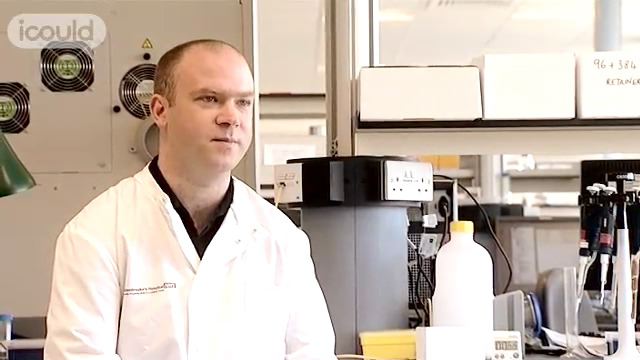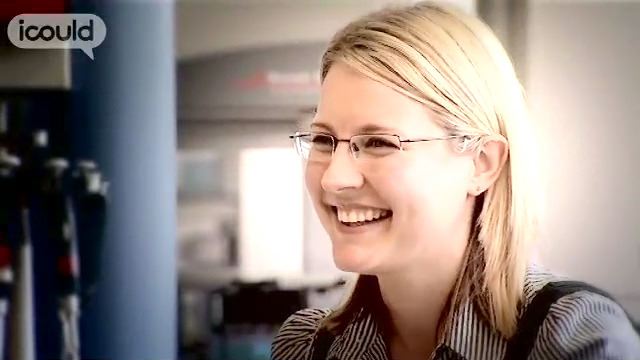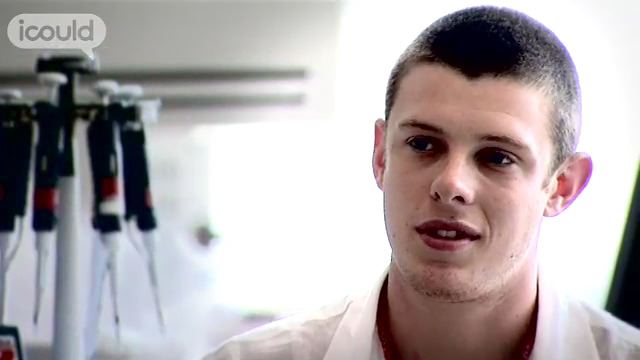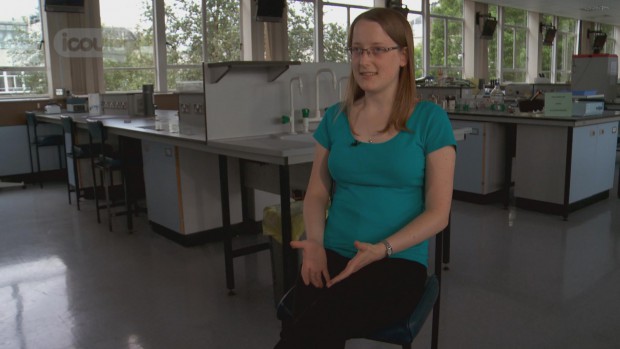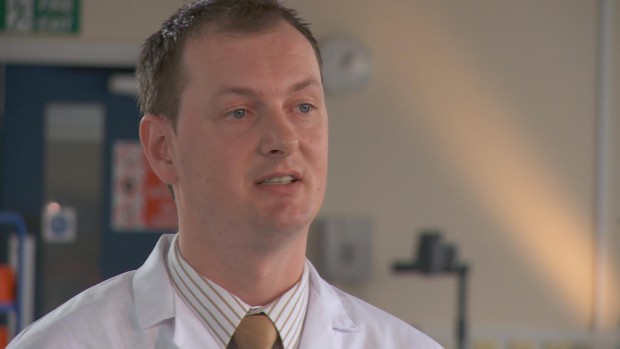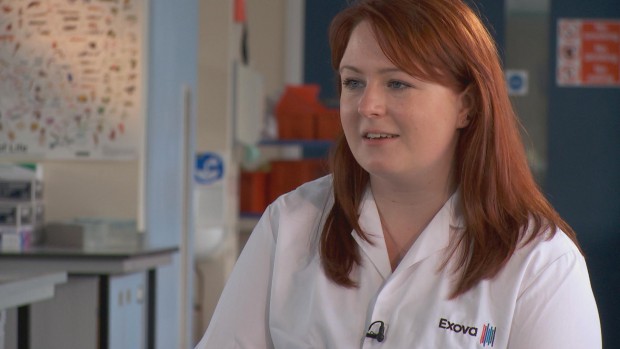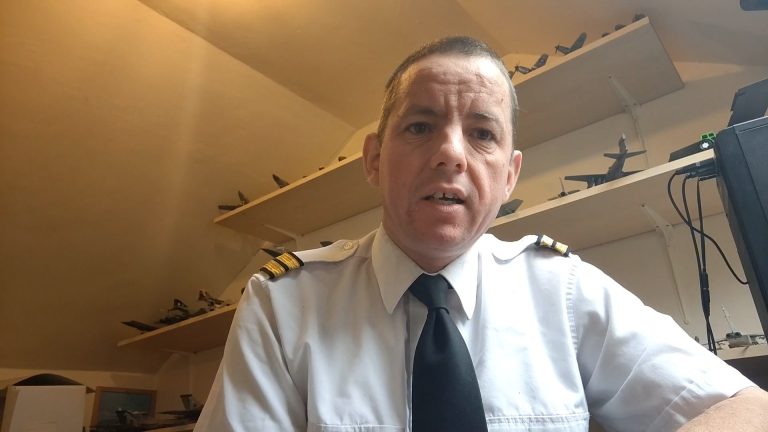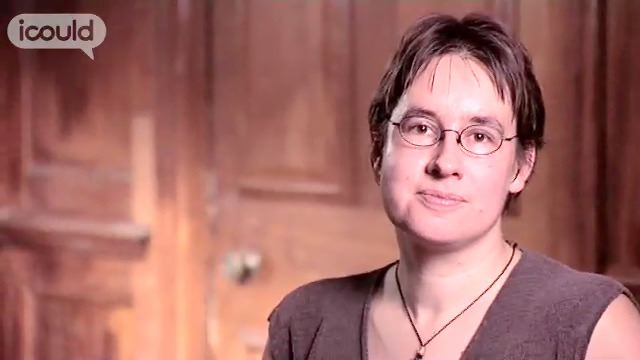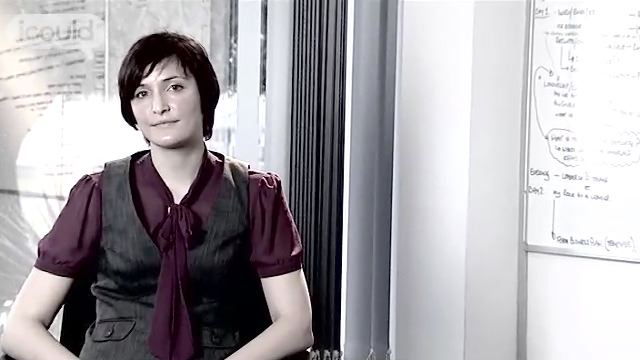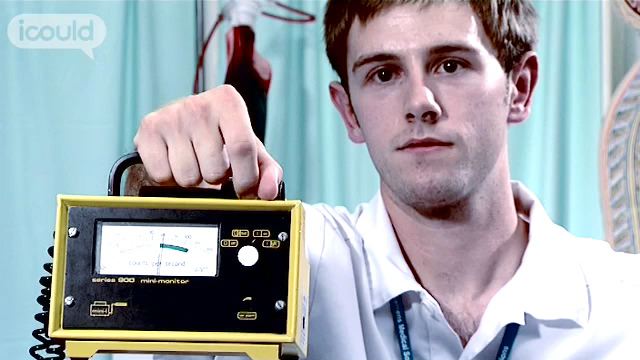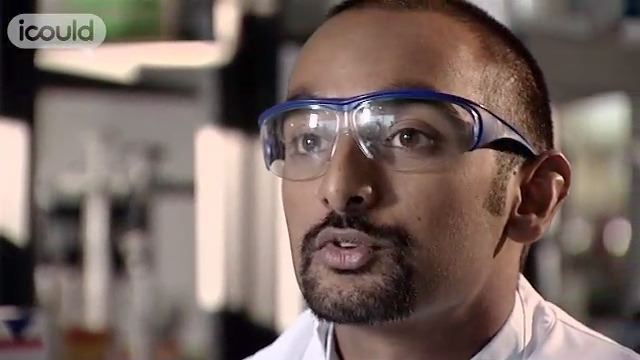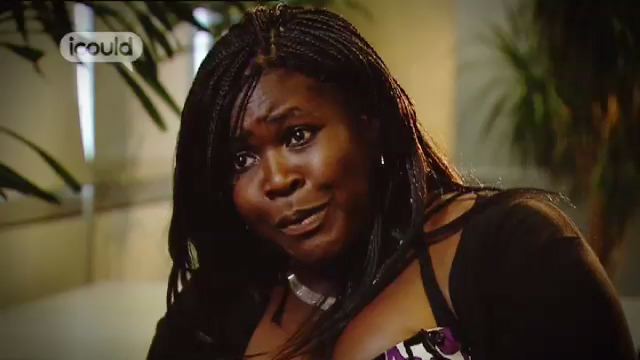Deputy Teaching Support Manager
University of Birmingham
My name is Mala P I am the deputy teaching manager at the University of Birmingham in Biosciences. It involves organising a team of 11 technicians, putting out the experiments, making sure that the practical’s and the equipment is there ready. At any one time you could have 1,500 students’ undergraduates in 5 different labs managed by the 11 technicians. There’s always a joke about the technician and the University teaching laboratory, that they just have to tidy up and that their job wasn’t very fulfilling, they were the mug at the end of the day but no actually without you it wouldn’t work.
Any technician at one point will be given a really horrible job to do, like defrost a minus 70 freezer, but actually, if that freezer isn’t working then you can’t or somebody else can’t do their job.
I started out wanted to be a pharmacist so I picked my sciences and didn’t do too well in my GCSE and I thought that was it, I would never be able to do pharmacy and would never beagle to do anything in science but actually I ended up going to college and studying to do a BTEC National diploma in science which opened all sorts of doors and I actually did go on to University to do biochemistry and then micro biology and burology. I got a 2:2 and again I wanted to stay in research and you really needed a 2:1 so the next best thing would be to actually work in a university. So I did a year out in industry working for food labs and testing labs and built up my experience actually applying the right experience to work as a research technician at the University of Birmingham. I applied for a job as a research technician working on a project with testing air filters for the MOD that was my first job here. I’ve worked for four different groups in 16 years building up a vast amount of molecular, biological and chemical techniques which has then helped me secure a job in management, managing the teaching labs here.
It’s a very sort of personal training that you receive because you work in molecular biology the techniques that you require are quite specialised so one person has to do let’s say one to one training before you can actually confidently fulfil that role or that technique.
I didn’t have a career plan because I thought I would have got a 2:1 and I would go on to do research and a PHD but I think that my 16 years of research has fulfilled that ambition and I’ve moved on to something, I’ve side stepped and moved on to management now.
I have two girls now of 14 and 9. I worked full time while both of the girls were young. It’s better for me to have a more technical and support role where I’m in one location, one University. I’m first generation British born Indian here. My father worked as a labourer in British Steel and my mother was a machinist. As my mum and dad had their family they realised they wanted to spend more time with their family so they bought a corner shop so I spend my whole childhood until the time I left University helping my mum and dad with their corner shop business.
I’d consider myself as not a clever person but as a hard worker. I revised hard and so when I didn’t get my grades at GCSE I was disappointed but you know, I knew that there’d be something else out there for me. There is always another route to getting to somewhere, to something that is similar to what you want to achieve. I started off here on a year contract and I’m on my 17th year now, so it speaks for itself.
Mala considers herself to be somebody who is a hard worker. She studied sciences at college and then went on to a Biochemistry degree. She always thought that she would go onto be a Postgraduate Researcher after completing her degree but she didn’t get the grades she required. However, this led her into employment rather than further study, which she now feels was the best decision as she’s loved her career as a technician.
More information about Laboratory technicians
The UK average salary is £29,813
There are 37.5 hours in the average working week
The UK workforce is 47% female and 53% male
Future employment
- Sets up and assists with the construction and the development of scientific apparatus for experimental, demonstration or other purposes
- Prepares organic and inorganic material for examination and stains and fixes slides for microscope work
- Operates and services specialised scientific equipment, undertakes prescribed measurements and analyses and ensures that sterile conditions necessary for some equipment are maintained
- Records and collates data obtained from experimental work and documents all work carried out
- Maintains and rotates stock and supplies
- Disposes of chemical and biological waste safely
- Keeps up to date with new technical developments
